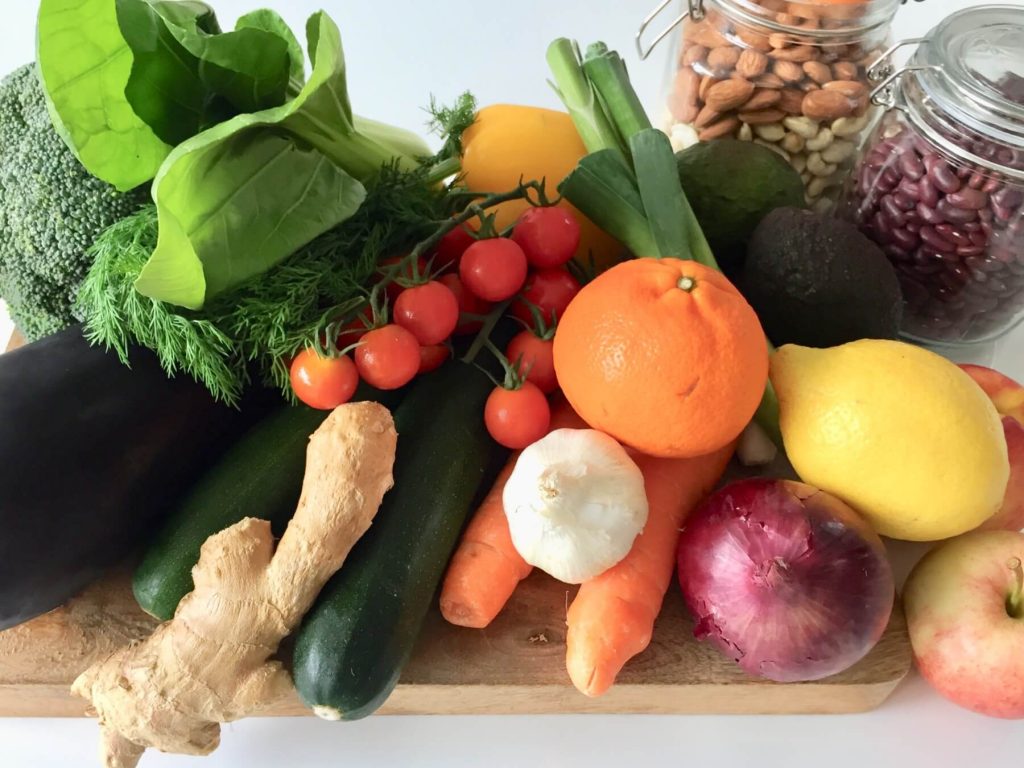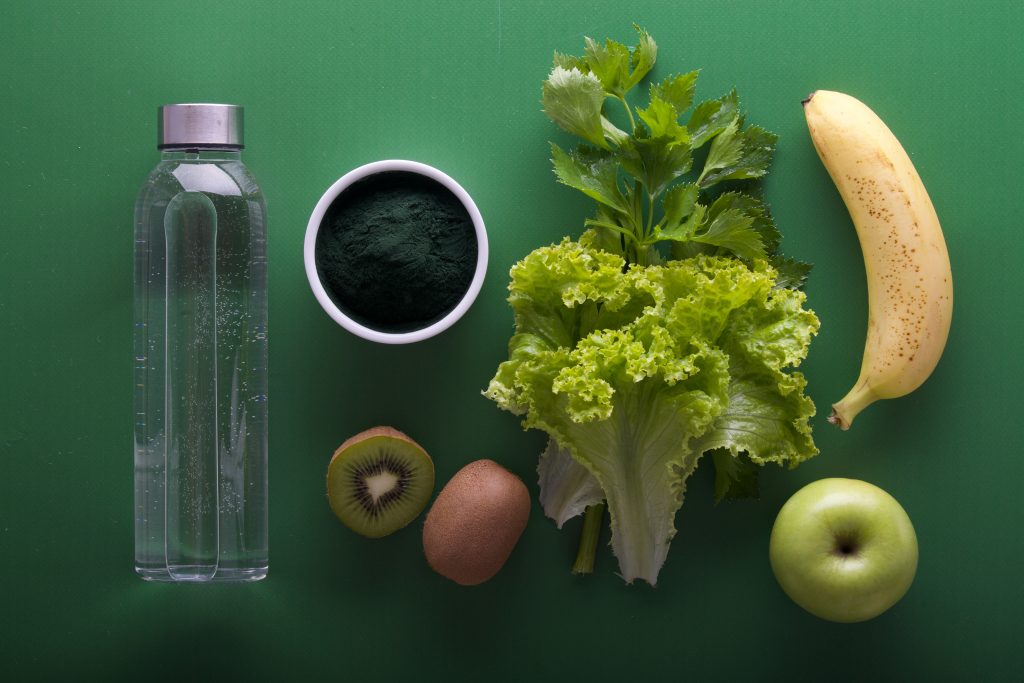We are living in unprecedented times and looking after your immune system is more important than ever. However, it does not include stocking up and taking handfuls of supplements daily. There are no supplements that could prevent you from catching a virus. The only effective preventive measures are social distancing and hand hygiene.
There are, however, quite a few things we could do to support our immune system.
Sleep
We need 7-8 hours of uninterrupted sleep every night. Production of infection fighting cells and antibodies is reduced during period of sleep deprivation. And if this quarantine is not the best time to improve your sleep hygiene, then when would you find a better time? Try to go to bed before 11pm and certain “sleep hygiene” techniques may help with a quality of sleep:
- Dim the lights 1-2h before going to bed.
- Switch screens to a night mode or use protective glasses if you have to work in the evening.
- Open the windows in your bedroom before sleep for some fresh air.
- Try going outside (if possible) first thing in the morning. Exposure to a day light is crucial for your circadian rhythms and melatonin production.
Protein
Your immune system relies on proteins to fight any infection. Ensure that you eat protein with every meal. If you follow a plant- based diet, you may need around 20-25% percent more protein daily. Great sources of protein are lean meat, fish, eggs, seafood, dairy, soy, tofu, lentils, beans, chickpeas, nuts and seeds.
Hydration
Adequate hydration is important for our lymphatic system. Aim for 1.5-2L of water daily, ideally between your main meals.
Vitamin D
Vitamin D is crucial for our immune function. If you live in the UK (or Northern Europe) you should be taking vitamin D daily until the end of April. The official recommended dose is 400iU (10mcg), but often we would need to take around 1,000-2,000iU or more. Checking your vitamin D levels twice a year (spring and autumn) is a good idea.
Vitamin C
Taking Vitamin C will not prevent you from catching any virus, but may be helpful with reducing overall time of illness. Take 250mg every 3-4 hours in the first 5 days of illness, and then reduce to twice a day until full recovery. Taking more than 250mg at one time was not shown to be effective. We could only absorb around 250mg at one time and excrete any excess in urine. Many fruits and vegetables contain Vitamin C. Aiming for 10 portions of plant foods daily should provide good levels of Vitamin C.
Other nutrients
There are other nutrients which were shown to be important for our immune function, such as Zinc, Selenium and Vitamin A. However, supplementing without knowing whether you are deficient or sub-optimal is not the best solution. If you have optimal levels of these nutrients, then you would not need supplementation. If you are deficient, then figuring out what causes your deficiency would be equally important. The causes may include malabsorption, low stomach acid, enzyme deficiency and low dietary consumption.
Antimicrobials
Ginger and garlic are great antimicrobial and anti-inflammatory foods. Try eating them regularly during periods of high viral infections.
Stay healthy everyone!



